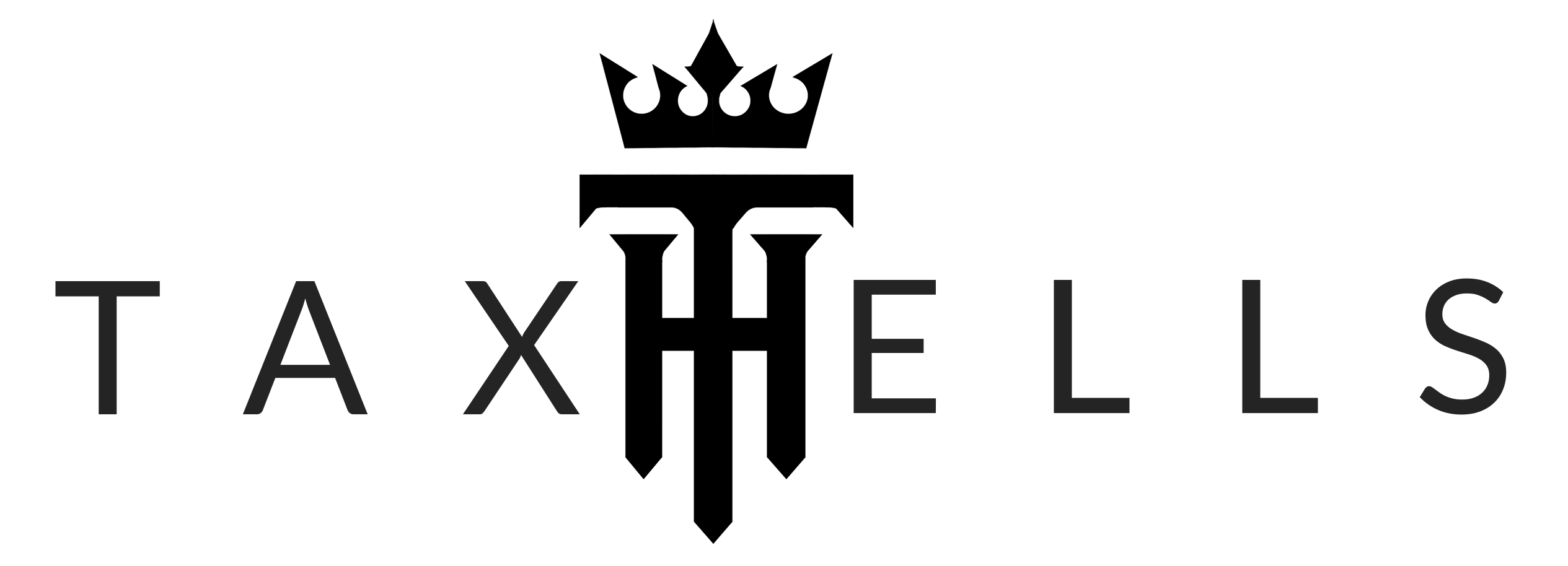Morocco has become one of the most strategically positioned countries for international investors looking to establish a foothold in Africa. With direct access to both Atlantic and Mediterranean trade routes, a growing network of free trade agreements, and a modernizing infrastructure, Morocco stands out in 2025 as a competitive jurisdiction for companies seeking regional presence and operational resilience.
The country offers political stability, investor-friendly policies, and macroeconomic consistency. Casablanca, now firmly established as a regional financial center (CFC), is home to multinational corporations, banks, fintech startups, and logistics platforms. Businesses registered under Casablanca Finance City benefit from tax incentives, simplified foreign exchange rules, and preferential access to African markets. Further details are available at www.casablancafinancecity.com.
Morocco has signed over 50 double taxation treaties and continues to expand its fiscal diplomacy. The tax system provides a tiered corporate income tax structure, with rates ranging from 10% to 32%, depending on turnover. CFC-licensed companies benefit from a five-year corporate income tax exemption followed by a reduced rate of 15%. Additionally, capital gains and dividend distributions can enjoy preferential treatment under treaty conditions.
The government has committed to digitizing its tax administration and enhancing legal certainty for foreign investors. Morocco’s tax authorities increasingly follow OECD principles, including the implementation of BEPS measures and transfer pricing documentation obligations. The General Directorate of Taxes provides regulatory guidance at www.tax.gov.ma.
From a business incorporation standpoint, Morocco offers straightforward procedures, with the ability to register a company in under 10 days. Investors can choose from a variety of legal forms, including SARL (LLC), SA (public limited company), and representative offices. Special industrial zones and export processing zones provide enhanced tax and customs regimes, particularly for companies engaged in manufacturing, automotive, and renewable energy sectors.
The country’s role as a gateway to West and Central Africa, its multilingual workforce, and its growing capital markets make it a strategic location for companies balancing EU-African operations. With sound legal reforms and improving transparency standards, Morocco offers a hybrid jurisdiction—African reach with international compliance.
Marrakech to Tangier: Why UHNWI Are Increasingly Investing in Morocco
Morocco is fast becoming a jurisdiction of interest for Ultra-High-Net-Worth Individuals (UHNWI) seeking legal diversification, real estate opportunities, and long-term regional positioning. While it does not offer citizenship-by-investment, Morocco provides several legal avenues for residency and a stable regulatory environment for structuring private assets in North Africa.
Over the past decade, cities like Marrakech, Rabat, and Tangier have seen a surge in luxury real estate developments designed for international investors. The country allows foreigners to own property outright and benefit from competitive acquisition and capital gains tax treatment under defined conditions. Investments in agriculture, hospitality, and high-end housing are particularly favored.
Moroccan residency is available through property ownership or economic activity. While Morocco is not a low-tax jurisdiction, it offers attractive options for wealth planning, particularly for UHNWI with commercial interests in Africa or family diversification strategies across Europe and the MENA region.
Morocco has modern trust and succession law, especially for residents and investors operating under European civil law frameworks. With proper legal structuring, private wealth can be held in Moroccan entities or offshore trusts recognized under bilateral treaties. Inheritance is subject to Islamic law for nationals but can be adapted under notarized wills for non-Muslim foreigners.
Banking in Morocco is stable and sophisticated, with private banking services available through international branches and Moroccan financial institutions. Accounts in foreign currencies are permitted for residents under special authorization. Morocco adheres to international financial compliance norms, including FATF standards and cross-border information exchange.
While not a classical private wealth hub, Morocco’s appeal lies in its geostrategic position, growing economy, and increasing alignment with EU fiscal and legal norms. UHNWI looking for lifestyle, privacy, and a bridge between Europe and Africa are choosing Morocco for long-term positioning. High-end clients are also engaging in philanthropic and cultural projects, as the country offers legal vehicles for charitable foundations under royal patronage.
